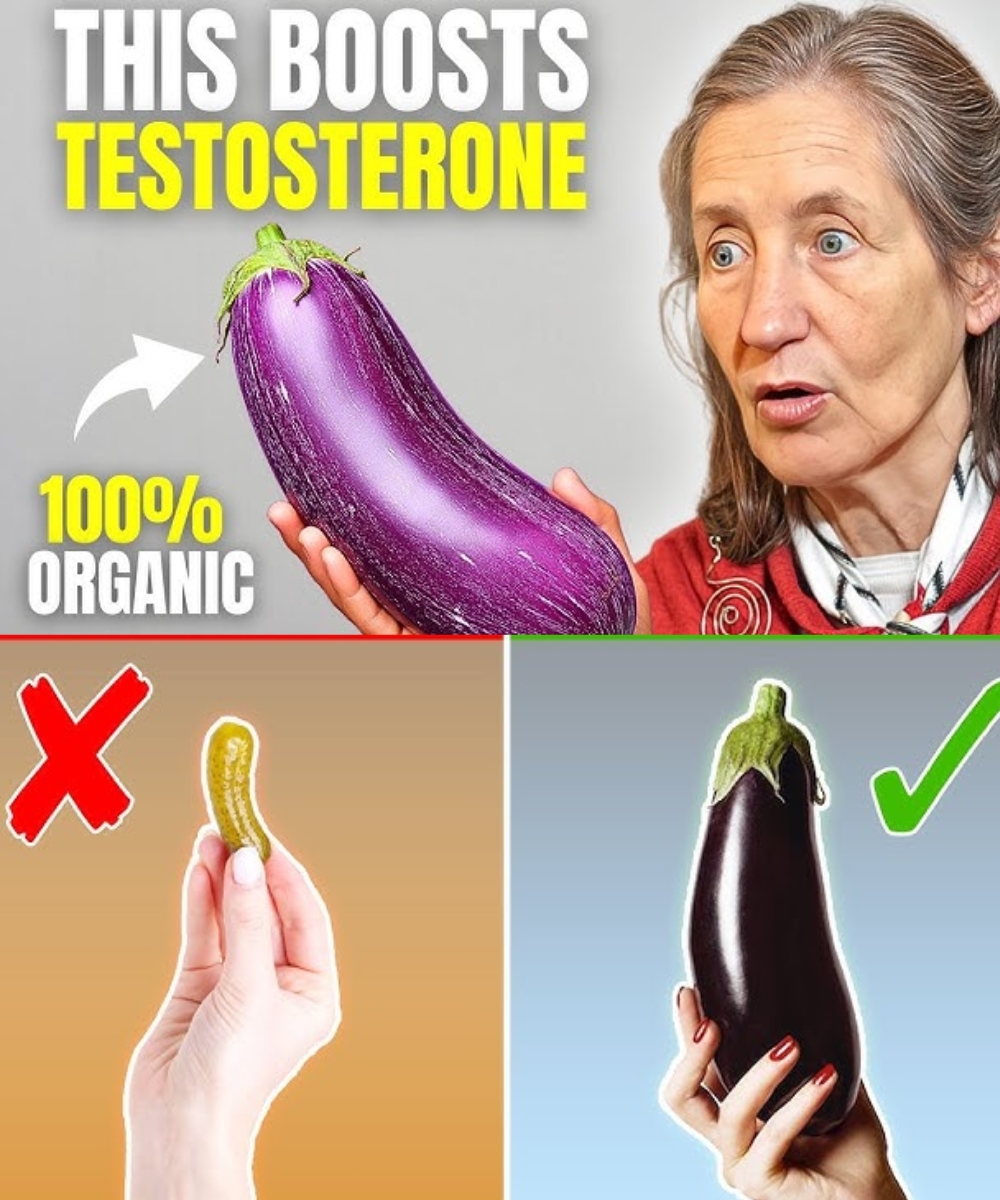
As men age, it’s common to experience a decline in testosterone levels, which can affect energy, mood, muscle mass, and libido. However, there are natural strategies that can help restore hormonal balance and enhance overall well-being. Here’s a comprehensive guide to boosting testosterone naturally:
1. Engage in Regular Strength Training and High-Intensity Interval Workouts
Incorporating resistance exercises, such as weightlifting, can stimulate testosterone production by promoting muscle growth. High-Intensity Interval Training (HIIT), which alternates short bursts of intense activity with brief recovery periods, has also been shown to elevate testosterone levels and improve cardiovascular health.
2. Adopt a Testosterone-Enhancing Diet
Nutrition plays a crucial role in hormone regulation. Focus on:
-
Healthy Fats: Incorporate sources like avocados, olive oil, and fatty fish (e.g., salmon) to support hormone production.
-
Lean Proteins: Consume chicken, turkey, and eggs to aid muscle repair and testosterone synthesis.
-
Zinc-Rich Foods: Include oysters, beef, and spinach, as zinc is essential for testosterone production.
-
Magnesium and Vitamin D: Ensure adequate intake through foods like leafy greens, nuts, and fortified dairy, or consider supplements if necessary.
3. Prioritize Quality Sleep
Aim for 7–9 hours of uninterrupted sleep each night. Testosterone production peaks during deep sleep, and insufficient rest can lead to significant hormonal imbalances. Establishing a consistent sleep schedule and creating a restful environment can enhance sleep quality.
4. Manage Stress Effectively
Chronic stress elevates cortisol levels, which can suppress testosterone production. Incorporate stress-reducing practices such as:
-
Mindfulness Meditation: Regular meditation can lower cortisol levels.
-
Physical Activity: Exercise releases endorphins, improving mood and reducing stress.
-
Hobbies and Social Connections: Engaging in enjoyable activities and maintaining relationships can provide emotional support.
5. Maintain a Healthy Weight
Excess body fat, particularly around the abdomen, is associated with lower testosterone levels. Adopting a balanced diet and regular exercise routine can help reduce fat mass and improve hormonal balance.
6. Limit Alcohol Consumption
Excessive alcohol intake can impair testosterone production and increase estrogen levels. Moderation is key; limiting alcohol can support hormonal health.
7. Avoid Exposure to Endocrine Disruptors
Certain chemicals, such as Bisphenol A (BPA) found in plastics, can interfere with hormone function. To minimize exposure:
-
Use BPA-Free Products: Opt for glass or stainless steel containers.
-
Avoid Microwaving Plastics: Heat can cause chemicals to leach into food.
-
Choose Natural Personal Care Products: Select items free from parabens and phthalates.
8. Incorporate Natural Supplements Wisely
Some supplements may support testosterone levels:
-
Ashwagandha: An adaptogenic herb that may enhance testosterone production and reduce stress.
-
Fenugreek: May improve libido and testosterone levels.
-
D-Aspartic Acid: An amino acid that could stimulate hormone production.
Consult with a healthcare provider before starting any supplement regimen to ensure safety and efficacy.
9. Ensure Adequate Sunlight Exposure
Sunlight facilitates vitamin D synthesis, which is linked to testosterone production. Aim for 15–30 minutes of sun exposure several times a week, or consider vitamin D supplementation if necessary.
10. Regularly Monitor Hormonal Health
Routine check-ups with a healthcare provider can help track testosterone levels and overall health. Early detection of hormonal imbalances allows for timely interventions and personalized strategies.
Conclusion
While aging is inevitable, declining testosterone levels don’t have to be. By implementing these natural strategies, men over 50 can enhance their vitality, maintain muscle mass, and improve overall quality of life. Consistency and commitment to these lifestyle changes are key to achieving and sustaining hormonal balance.





